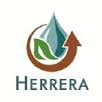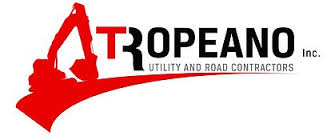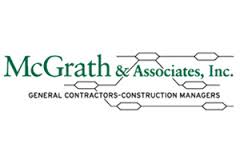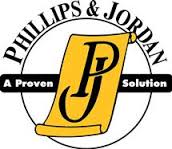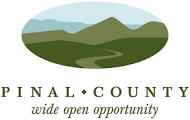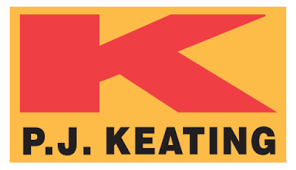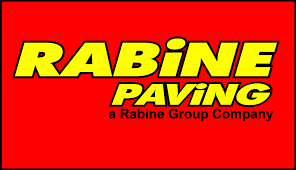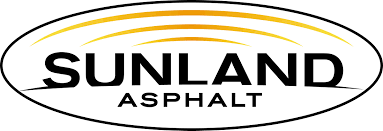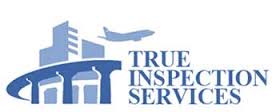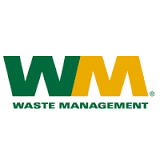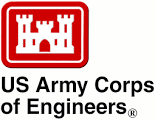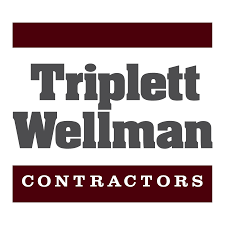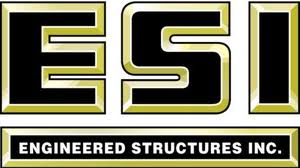Guam Free Program
Program Overview
This free, on-demand webinar delivers a concise yet comprehensive overview of industrial stormwater compliance under the EPA’s Multi-Sector General Permit (MSGP). You’ll learn the historical milestones—from the 1948 Federal Water Pollution Control Act to the modern stormwater quality amendments—then dive into the core requirements of a Stormwater Pollution Prevention Plan (SWPPP), permit scope, site inspection best practices, sampling & monitoring protocols, and rigorous recordkeeping. Featuring interactive polling, real-world case examples, and a clear hydrologic cycle primer, this 1-hour webinar awards 1 PDH.
Intended Audience
- Agency Regulators and Staff
- Chief/Director of Operations
- Director/Manager of Environmental Compliance
- Director/Manager of Environmental Health and Safety
- Stormwater Managers
- Stormwater Inspectors
- Project Manager
- Professional Engineers
- Students
Curriculum: Industrial Stormwater Management (When Construction Ends)
With an increase in enforcement by regulatory agencies as well as the implementation of Phase 2 MS4's nationwide, the next big wave to affect stormwater management will be incorporating industrial stormwater management practices under the Multi-Sector General Permit (aka Industrial Stormwater Permit). This webinar is an introduction to what the MSGP is and how earning your designation as a Qualified Industrial Stormwater Manager can prepare you for an important role in this budding market segment.
Learning Objectives
- Summarize the evolution of U.S. stormwater regulations: including key provisions of the Federal Water Pollution Control Act, Clean Water Act, and stormwater quality amendments.
- Identify the scope and structure of the MSGP: recognize when a site needs general versus individual permit coverage, and explain permit term and renewal.
- Outline the essential elements of a SWPPP: with emphasis on maintaining an accurate site map, marking pollutant sources, control measures, and outfalls.
- Conduct fundamental stormwater site inspections: including outfall monitoring, BMP evaluation, and non-stormwater discharge checks.
- Describe sampling and monitoring requirements: distinguishing between indicator and benchmark parameters and their required frequencies.
- Apply best practices in recordkeeping: detailing retention periods, required documents (inspections, lab reports, NOIs, amendments), and post-termination obligations.
At the Completion of This Program You Will Receive
- 1 PDH
- Printable certificate of completion
Professional Presentation





